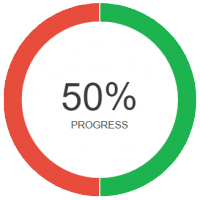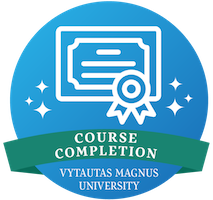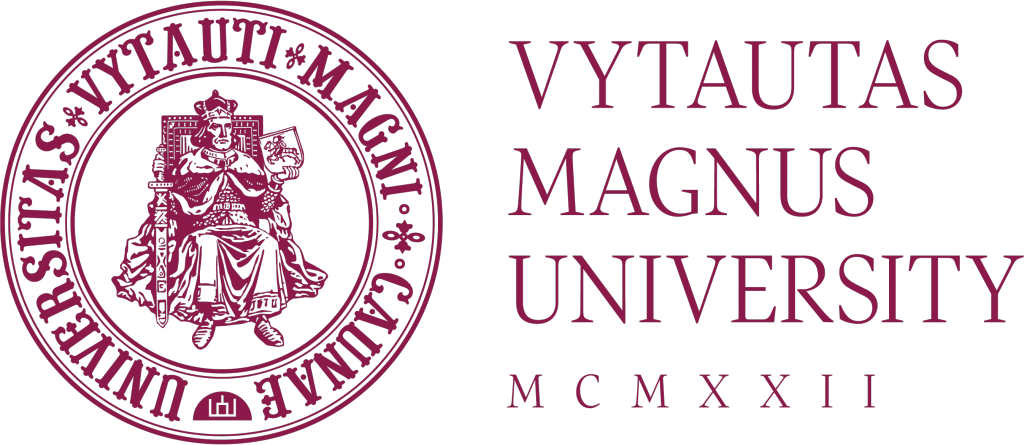Language and Society
Authoring institution: Vytautas Magnus University
This course provides a basic user-friendly introduction to the study of language and the relationship between language and society. Since the course targets people who have no prior knowledge of the subject, it presents information in short units, introducing the major concepts in language study – the analysis of language use on different levels. To increase student engagement with the teaching materials, the course also includes practical activities involving data analysis and interpretation.










 Project No. 2016-1-LT01-KA202-023131″
Project No. 2016-1-LT01-KA202-023131″